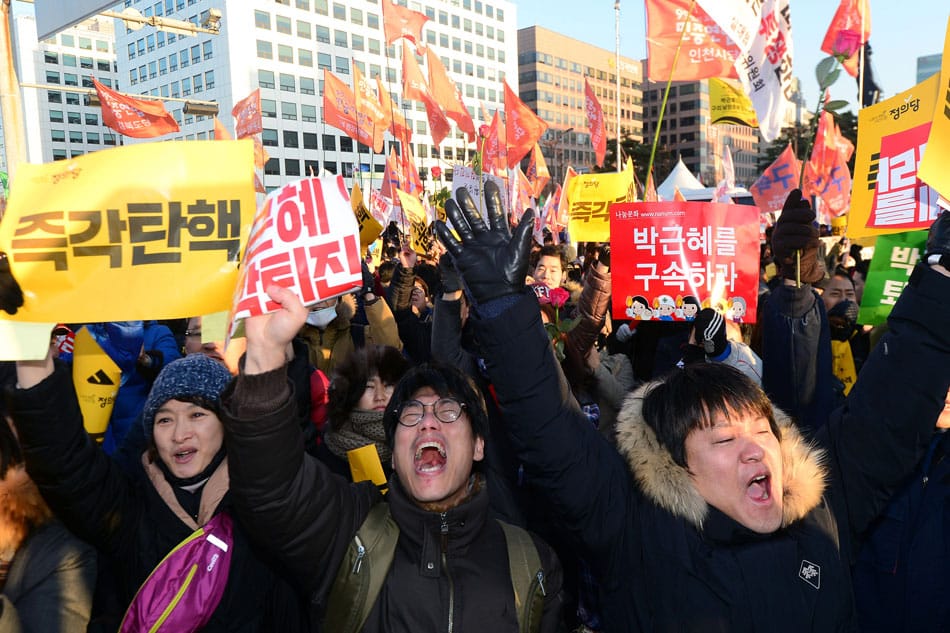In a recent public statement, former President Donald Trump has drawn a controversial connection between a terror attack in New Orleans and the ongoing discussions surrounding immigration and migrant policies in the United States. This statement came shortly after an erroneous report from Fox News suggested a link between the two, leading to widespread scrutiny and criticism from various quarters.
The incident in New Orleans, which involved an act of violence, was reported on by various news outlets, but the specifics surrounding the event were initially unclear. Fox News, in its coverage, provided information that was later deemed inaccurate, suggesting that the act was directly tied to migrants entering the country. This assertion quickly gained traction, particularly among those who support stricter immigration controls.
Trump’s remarks, which echoed the sentiments expressed in the Fox News report, emphasized a narrative that has become increasingly common in political discourse: the idea that an influx of migrants poses a direct threat to national security. By linking the New Orleans incident to the broader issue of immigration, Trump sought to galvanize his base and reinforce his longstanding position advocating for stricter border policies.
However, the connection made by Trump has been met with significant backlash. Critics have pointed out that attributing acts of violence to migrants without substantial evidence can perpetuate harmful stereotypes and foster a climate of fear and division. Furthermore, it raises questions about the responsibility of public figures in disseminating accurate information, particularly in the context of sensitive topics like immigration and national security.
The fallout from Trump’s comments has extended beyond mere public debate. Advocacy groups and civil rights organizations have expressed concern that such statements could influence policy discussions and lead to increased hostility towards migrant communities. They argue that the rhetoric surrounding immigration often overlooks the contributions that migrants make to society and the economy, framing them instead as threats.
In the wake of the controversy, fact-checking organizations and media outlets have worked to clarify the details of the New Orleans incident and the inaccuracies in the initial Fox News report. It has been emphasized that there is no evidence to support the claim that the attack was linked to migrants, and experts have called for a more nuanced understanding of the factors contributing to violence in urban areas.
The incident highlights a broader issue within the media landscape, where sensational reporting can lead to misinterpretations and the spread of misinformation. As public figures leverage media narratives to advance their agendas, the potential for misunderstanding increases, often with real-world consequences for marginalized communities.
Moreover, this situation underscores the importance of responsible journalism. Media outlets have a duty to verify information before broadcasting it, especially when it pertains to sensitive issues such as national security and immigration. The repercussions of inaccurate reporting can be far-reaching, influencing public opinion and policy decisions based on flawed premises.
As the debate continues, it remains essential for both public figures and the media to prioritize accuracy and accountability. The complexities surrounding immigration and security require informed discussions that consider the diverse perspectives and realities of those involved. This is particularly crucial in a time when misinformation can spread rapidly through social media and other platforms.
In conclusion, Trump’s erroneous linkage of the New Orleans incident to the migrant crisis, fueled by a misleading Fox News report, serves as a reminder of the power of rhetoric in shaping public discourse. It highlights the need for vigilance against misinformation and the importance of fostering a more informed and empathetic dialogue around immigration and national security. As the nation grapples with these issues, it is imperative to approach them with a commitment to truth and a recognition of our shared humanity.



